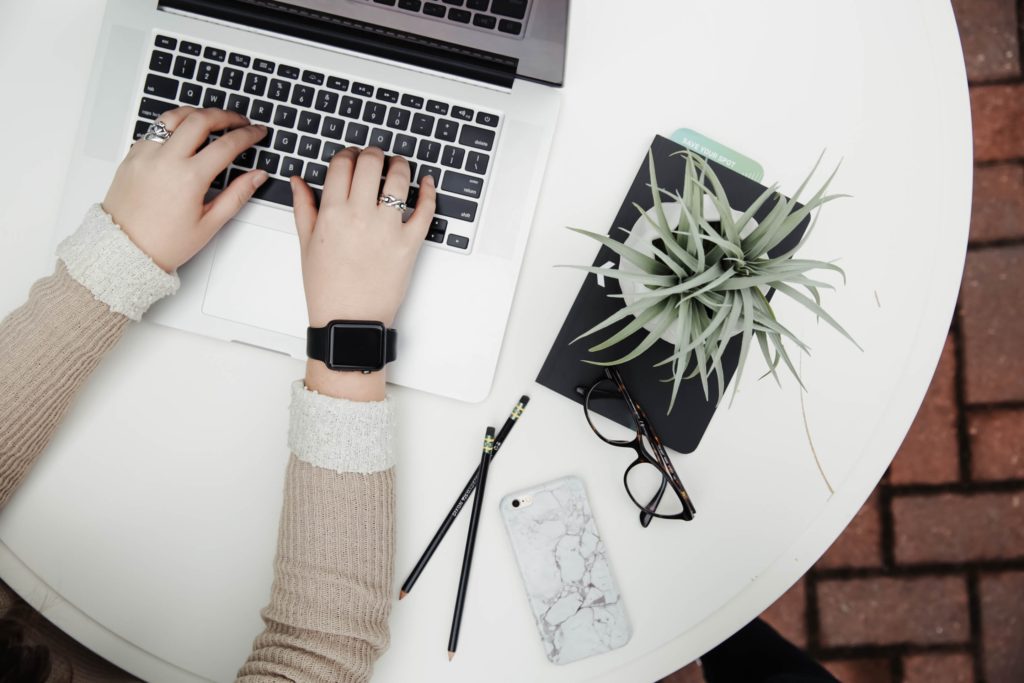How do you respond to the question “How are things going?”. Are you more likely to say, “I’m crazy busy” or are you more likely to say, “Life is very relaxed” ?
For a lot of us, busyness is the new normal. If we do not have a full calendar some of us tend to feel untethered. If we have 30 minutes free in our day we feel like we are not doing enough. Or something is wrong. Or we are missing something. And low and behold if we are unable to find something “useful” to fill in that time we don’t know what to do with ourselves.
Not only do we struggle to relax in the available time we feel downright uncomfortable with not doing anything productive. Irrespective of whether your need for busyness exists for a few hours a day or all 7 days of the week it is rarely something that is useful.
Interestingly the same people who take pride in their busyness are also the first ones to complain about feelings of stress and burnout. Yet they often find it impossible to break out of the whole cycle of constantly being busy.
Where does the need to be busy come from?
- Numbing: Brene Brown in her book Daring Greatly talks about how addiction is a way for people to numb themselves and avoid looking at what is really bothering them. Drinking and smoking are visibly prevalent addictions. However, busyness is also a way for people to avoid looking at what is really bothering them. People numb themselves to avoid feelings of loneliness, inadequacy, or unworthiness. Unfortunately, unlike other addictions, busyness is often celebrated and appreciated. It is not that being busy is bad. Busyness is good but being always busy is an addiction that like all other addictions is a numbing strategy.
- Procrastinating: Similar to numbing procrastinating is a way to avoid something that appears difficult or painful but we know we need to focus on. An example could be being so busy managing your job that you avoid building the plan for that business you want to start. Busyness is one of the easiest ways to avoid focussing on important goals because it gives us a guilt-free pass into not doing anything about things that really matter to us.
- Feeling important and /or useful: For some people feelings of self-worth are closely tied to how busy they are. This, in turn, is linked with the false equivalence of busyness= importance. Or that being idle is bad. Or if you are not doing something you are not useful.
- FOMO: People also find it difficult to let go of being busy because they fear that in this competitive world they will get left behind. After all, there is so much to do, so much information to absorb and so many decisions to make. What if someone gets there first?
- Old habits: Sometimes we are busy because we don’t know any other way of being. That is the way we have operated for such a long time that we haven’t considered a better way to do things.
What to do about it?
The first thing to realize is that busyness does not equate to productivity. Neither is it a measure of effectiveness and importance. Both of these are measured by your outcomes. Busyness is a sure shot way to burning out or at the very least dull your creativity.
Being super busy may even have worked well for you at some point because a lot of jobs in our early careers are about doing the most. But as you grow in your career especially in leadership roles, work becomes more about thinking clearly rather than doing too many things. And it is dofficult to think clearly if you are too busy doing things.
Alternately, taking time to rest your mind(aka doing nothing) is one of the biggest boosters to your productivity and creativity. This may sound counter-intuitive but the human brain while being the smartest and fastest computer cannot work non-stop. It needs time to rejuvenate to work effectively.
Have a plan: Learn to take downtime. Plan it like you plan the rest of the day meticulously. Factor in at least 30 minutes of doing nothing in a day. Or if that seems too much start with 15 minutes and build it up. It may feel uncomfortable to start with. If it does maybe add a short mindfulness session in. Alternately, make a list of things you could do in this time. Journalling, listening to music, spending time in nature and even daydreaming are excellent ways to fill this time.
Deal with what you are avoiding: If you have some inkling as to what you are avoiding by being busy take a conscious step to resolve that. If required take professional help. Just because you are avoiding something doesn’t mean it is not taking up your mental space and energy subconsciously. On the otherhand use this time to bring concious focus on the work you are procrastinating.
Slow down to speed up: The smartest way to boost your outcomes is to slow down. This lowers your adrenalin, focusses your mind and gives you better outcomes. If you feel you don’t have enough time to slow down take a hard look at your task list and delete or delegate anything that you can. Multitasking is proven to be detrimental to quality. Keep the tasks that align with your biggest priorities and do them with slow and full attention.

